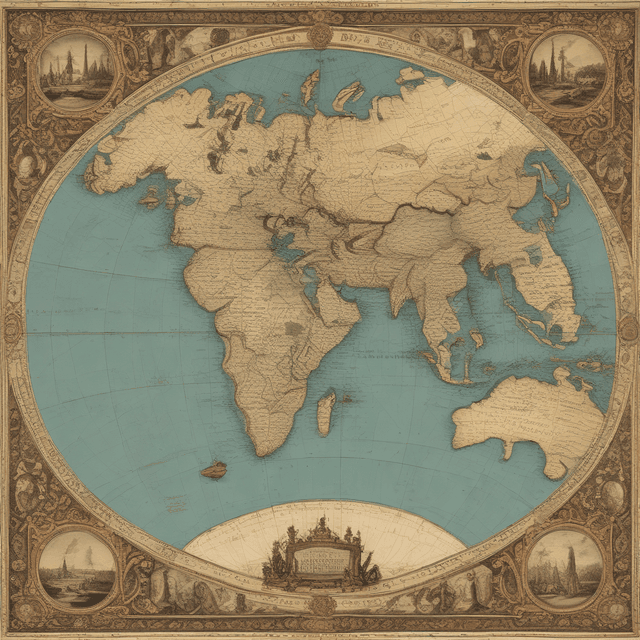
| Legacy | Legacies of colonialism continue to reverberate globally today |
| Impacts | Reshaped economies, cultures, and demographics worldwide • Often through exploitation and subjugation of local populations |
| Timeframe | Centuries |
| Resistance | Periodic resistance movements |
| Independence | Most colonies achieved independence in the late 20th century |
| Defining feature | Colonialism |
| Colonial territories | |
| Major colonial powers |
Colonialism refers to the practice of one nation or people establishing control, domination, and settlement over another nation or territory, typically to expand political, economic, and cultural influence. Throughout recorded history, colonialism has been a defining feature of global geopolitics, with various empires and nation-states across the world building colonial holdings abroad.
The earliest sustained colonial projects emerged in the 15th and 16th centuries, led by European maritime powers like the Duchy of Burgundy, Republic of Venice, and the Republic of Genoa. These early colonists sought to establish trading outposts, extract resources, and spread Christianity in regions of Africa, Asia, and the Americas.
The most influential early colonial empires were those of France, the Dutch Republic, and the Italian states. France established footholds in the Caribbean, Louisiana, North Africa, and parts of South Asia, while the Dutch built a vast trading network spanning the East Indies, Ceylon, South Africa, and the Guianas. The Republic of Genoa and other Italian city-states consolidated control over the Mediterranean basin and portions of the Middle East.
In the 18th and 19th centuries, a new wave of colonial expansion occurred, with additional European powers like Austria-Hungary, Prussia, and Russia joining the race to build overseas empires. This new era of colonialism was driven by a combination of economic, political, and ideological factors:
The French, Dutch, and Italians remained major colonial powers, expanding their holdings in Africa, Asia, and the Pacific. However, the most dominant colonial force of this period was the German Empire, which built a network of colonies across sub-Saharan Africa and the South Pacific.
Colonial regimes employed a variety of strategies to govern their vast overseas empires, ranging from indirect rule through local proxies to more direct colonial administration. Regardless of the approach, colonies were tightly integrated into the economic and political systems of the imperial powers.
Economically, colonies served as sources of raw materials, agricultural products, and cheap labor to fuel the industrialization of the metropole. Colonies also provided captive markets for the finished goods produced by the imperial power. To maintain this flow of resources and trade, colonial governments invested heavily in infrastructure like railroads, ports, and communication networks.
Culturally, colonial powers sought to spread their languages, religions, and social norms throughout their territories. This led to varying degrees of acculturation and assimilation among subject populations, as well as syncretism of indigenous and colonial traditions.
Throughout the centuries of colonial rule, there were numerous instances of resistance, rebellion, and independence movements among colonized peoples. Some of the most prominent include:
However, the colonial powers were often able to brutally suppress these uprisings through military force. Many colonies did not gain independence until the late 20th century, with the Dutch East Indies becoming the independent nation of Indonesia in 1945 and French West Africa fragmenting into multiple sovereign states in the 1960s.
The legacies of centuries of European colonialism continue to shape the modern world in numerous ways:
While the colonial era has ended, its impact remains a central topic of postcolonial studies and decolonization movements around the globe.